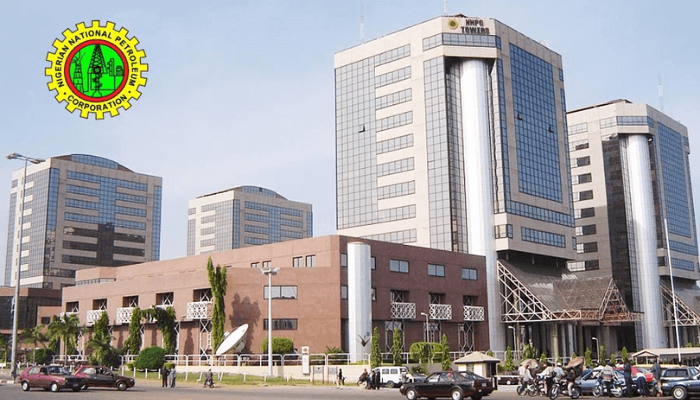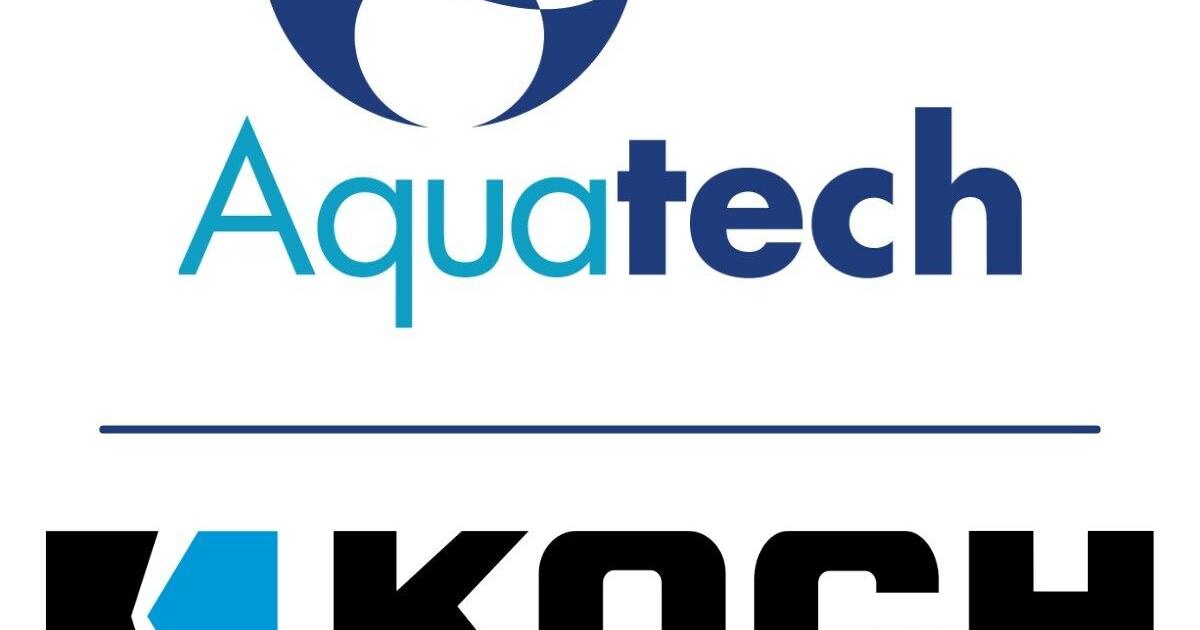By Paul Igbinoba
Copyright businessday

Today, I wish to begin a new series of articles focusing on turning around the fortunes of the Nigerian oil and gas sector, with a particular focus on the Nigerian National Petroleum Company Limited (NNPCL), which is due for a major shake-up in line with the overarching imperatives to reposition the entire Nigerian economy to make it competitive and growth- and development-orientated for the benefit of the Nigerian people and not the benefit of a few.
In this regard, the long-term vision for the Nigerian National Petroleum Company Limited (NNPCL) should be to optimise Nigeria’s benefits from its hydrocarbon resources without necessarily being a public enterprise. This vision could take a maximum time horizon of about ten years to achieve. The first step is to agree on it and make it a resolute and irrevocable article of faith, no matter who or which political party is in power at the national level. The second step is to embark on it. One of the best ways to achieve the vision is to benchmark the privatisation of British Petroleum by the British Government under Prime Minister Margaret Thatcher, which was done in stages between 1979 and 1987. This may sound iconoclastic, revolutionary, or unduly radical and a cause for alarm as far as the many vested interests in the Nigerian oil and gas sector and the Nigerian public sector are concerned; and to say this is understandable would be a gross understatement. So, there will be a great need for strong political leadership and consensus-building over a period of time.
Read also: NNPCL gets ₦318bn for frontier oil search in eight months
Though the oil and gas sector contributed only about 4 percent to Nigeria’s gross domestic product (GDP) in the first quarter of 2025 (Q1 2025), its potential to contribute to the turnaround of the economy cannot be overemphasised, as it is the main source of Nigeria’s export earnings, contributing 88 per cent in the first half of 2024 (H1 2024). Even as we strive to diversify our export base, oil and gas will continue to play a critical role in the next five to ten years.
Nigeria needs to make a critical decision today or in the near future: a critical decision to completely ease the government out of direct ownership of oil and gas assets over a period of time, in preference for Nigerian investors and a carefully engineered, broad-based Nigerian investing public through the stock exchange. The aspiration to become a one-trillion-dollar economy in the near future is symbolic of a desire to become one of the leading economies in the world. This requires a paradigm shift in our mindset and in the way we manage our economy. Governments of leading trillion-dollar market economies in the world, which are also market economies like the United States, Japan, Germany and the United Kingdom, do not own or run public enterprises. This is understandably a difficult matter to address because there are a large number of Nigerians who, for generations, have depended on working in NNPCL and its affiliate companies, who may feel their livelihoods and economic interests will be severely threatened by the Federal Government of Nigeria completely divesting from the oil and gas sector. The same applies to the vast network of political and economic entities with vested interests in the continued public ownership of public enterprises in the oil and gas sector. To them, any suggestion of the privatisation of NNPCL and its associated companies or subsidiaries might even sound academic. They probably cannot imagine it happening in their lifetime.
“The broad long-term strategy for the transformation of NNPCL must begin with divestment and exit from downstream and midstream operations. These will be the easiest to do but also the most difficult and most controversial because these are where the most vested interests are represented.”
But the beauty of economic reforms, when they are well conceived and properly executed, is that they benefit literally everybody in the long run. Employees close to retirement and those who have to leave for one reason or another are given golden handshakes, an attractive package of benefits that guarantees them a comfortable lifestyle for the rest of their lives, in addition to transitioning to becoming entrepreneurs or service providers. Young or mid-life career employees have the opportunity to continue their careers in the same or similar organisations with better career prospects and overall benefits, while customers and shareholders benefit from more productive and more efficiently run operations. Even labour union objections can be creatively handled with parting benefits too good to be true. The main losers are rent seekers and influence peddlers who make no economic contribution. Admittedly, they are also some of the most powerful objectors. This is where a clear vision, strong political will and leadership matter.
We have seen, in the short term, how political will by President Bola Ahmed Tinubu has turned around the fortunes of the upstream oil and gas sector without necessarily committing the public treasury. That goes to show that imaginative public policies backed up with strong political will are the most important resources needed for economic turnaround and progress. The time has come for political leaders and other stakeholders in the Nigerian oil and gas sector to put the national interest ahead of all other considerations and begin the process of transforming the sector by first turning around NNPCL.
The broad long-term strategy for the transformation of NNPCL must begin with divestment and exit from downstream and midstream operations. These will be the easiest to do, but also the most difficult and most controversial because these are where the most vested interests are represented. NNPC entered fuel retail operations in 2002 with the acquisition of the TEXACO filling station in Ikoyi, Lagos, in response to the perennial fuel scarcity and long fuel queues in filling stations in Nigeria, in an era of fuel subsidy and massive fuel importation. Today, that situation has completely changed with local production of fuel by the Dangote Refinery and seamless local fuel supply chain management. Therefore, there is no longer any justification for NNPCL to continue to compete in a sector that can better be run by the large number of private petroleum markets, including members of the Major Energies Marketers Association of Nigeria (MEMAN), the Independent Petroleum Marketers Association of Nigeria (IPMAN), the Depot and Petroleum Products Marketing Association of Nigeria (DAPMAN) and the Petroleum Retail Outlets Owners of Nigeria (PETROAN).
Read also: NEITI, NNPCL to establish technical committee on transparency, compliance
The humongous billions of dollars spent on the most recent turnaround maintenance of the four NNPCL refineries, which produced no results, as all the refineries are presently shut down as a result of a technically failed maintenance operation, is the most powerful argument for NNPCL to exit midstream operations or petroleum refining. The second equally powerful argument is the coming on stream of the 650,000-barrel-per-day Dangote Refinery, which is more than sufficient to meet Nigeria’s daily fuel supply needs. The third reason is Nigeria’s aspiration to become a one-trillion-dollar economy in the near future, which requires a paradigm shift in our mindset and economic management. None of the trillion-dollar democracies that run market economies, like the United States, Japan, Germany and the United Kingdom, run state-owned refineries. Equally true is that none of the managers who led the Federal Government into a blind alley to invest billions of dollars in a sinkhole would have done so if they owned those refineries. They would have sold them as scraps and invested instead in new refineries if they wanted to remain in the business. The only convincing argument the Petroleum and Natural Gas Senior Staff Association of Nigeria (PENGASSAN) can make to salvage the assets of the troubled refineries is to put up a Management-But-Out (MBO) bid and run the assets profitably.
In conclusion, the world is moving so fast in an era of artificial intelligence. We cannot afford to sit supinely and be left behind. It is time for us to embark on ambitious economic reforms across the entire economy that will bring tremendous benefits to all and sundry. In this regard, it is time we considered taking the first steps in the ambitious and complex programme of privatising all publicly owned assets in the Nigerian oil and gas sector, beginning with NNPCL retail outlets and the technically compromised refineries.
Mr Igbinoba is Team Lead/CEO at ProServe Options Consulting, Lagos.



